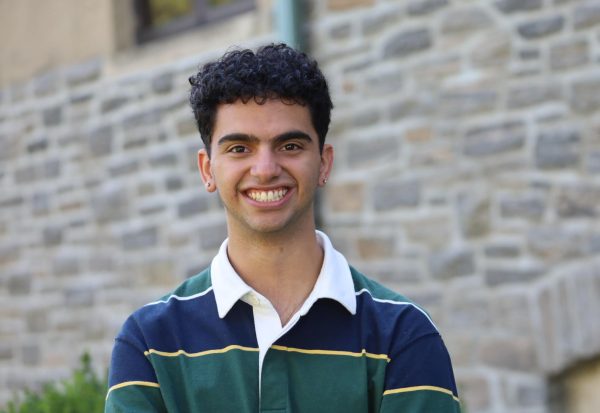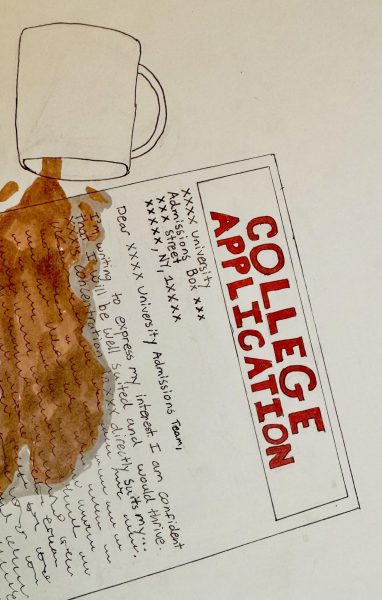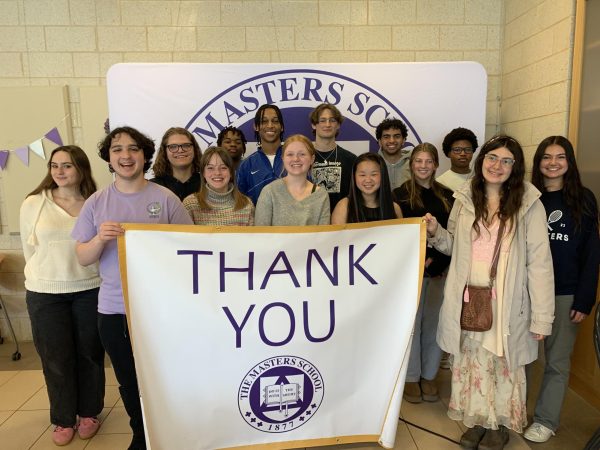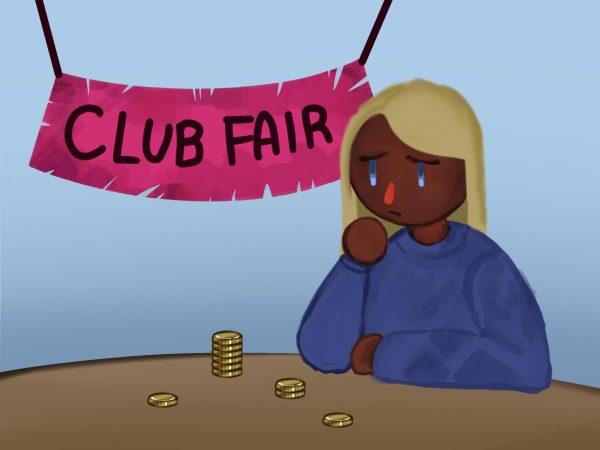Masters needs a course about life skills
March 3, 2022
A few weeks ago, I asked my mom when I should start a retirement plan like a 401K. I didn’t even know what a 401k was, but nevertheless, I was worried about my future.
Right now I am a sheep being shepherded through life by my parents. It makes sense, I am only 15 and I know that they need to do that to keep me safe, but my parents won’t be holding my hand through college and the rest of my life. I can’t rely on them to teach me everything about life, which is why school should help lighten that load.
My sister said it perfectly: “The downfall of the American school system is forgetting to teach kids about life.” (Gabriela Seguinot ‘20)
I may know how to graph exponential functions and I can lecture you about the collapse of Rome, but there are only so many skills I can take from school into the real world.
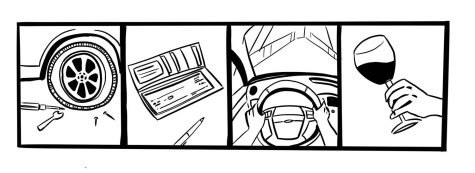
Currently, Masters lacks a class or even a co-curricular on this subject. The closest thing we have, fortunately, is Business Dynamics taught by math teacher Hank Kim. This course revolves around economics and entrepreneurship, but does include a large section on personal finance. As I mentioned in the beginning, personal finance is one of the elements of the real world that I was worried about. It is definitely one of the most important elements of the real world and I can’t stress enough how fortunate we are to have a course regarding it.
“We just want to make sure that the students that leave the course are financially literate and they are savvy about investing for their future,” Kim said.
It seems I wasn’t the first person to want life skills taught at Masters. Assistant Director of MISH and Assistant Coordinator of Student Activities/Transportation Joe DiDonato had the same idea. Three years ago, Head of School Laura Danforth put together a “day hike”competition where three or four colleagues would team up to make an educational program to present to the Board of Trustees. Whoever won the support of the Trustees would get their proposed course implemented. With the help of the Gormley’s and Darren Wood, they came up with a rough idea of a life skills course or co-curricular. DiDonato explained how this had multiple purposes, as different members of the community would teach certain skills. This meant that on top of learning the skills, the students were introduced to new members of the community. Sadly, the group’s proposal came up short with second place, but when talking to DiDonato, I could see the smile through his mask. With such pride and joy, DiDonato emphasized the importance of these skills.
“Changing a tire, balancing a checkbook, putting gas in the car, making a toast, those kinds of things… I think that every school should[have a life skills class]. I think it is worth teaching those kinds of things,” DiDonato said.
The amount of creative potential this opportunity holds is immense. The class could be a senior priority so they could be ready for life after high school and the curriculum has variety beyond the basics. For students who lack parental figures, who can’t offer most of these skills, this class is a necessity. Some parents may not have much of the experience that multiple members of the school community hold. Personally I am privileged with parents who can offer me most of these skills but not every has that privilege. It can be important for the students to break that cycle of missing knowledge that they might have. That one lesson in changing a tire or planning a retirement plan can change their future. It takes a village to raise a child and two parents are not the entire village.
I question if I am asking too much, but I have to remember that school takes up at least seven hours of my day. In those seven hours I hope I could be getting the best quality of education and be prepared for all aspects of my future the best I can be.



